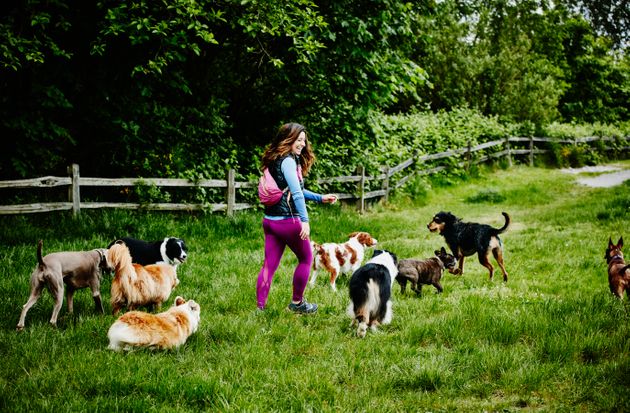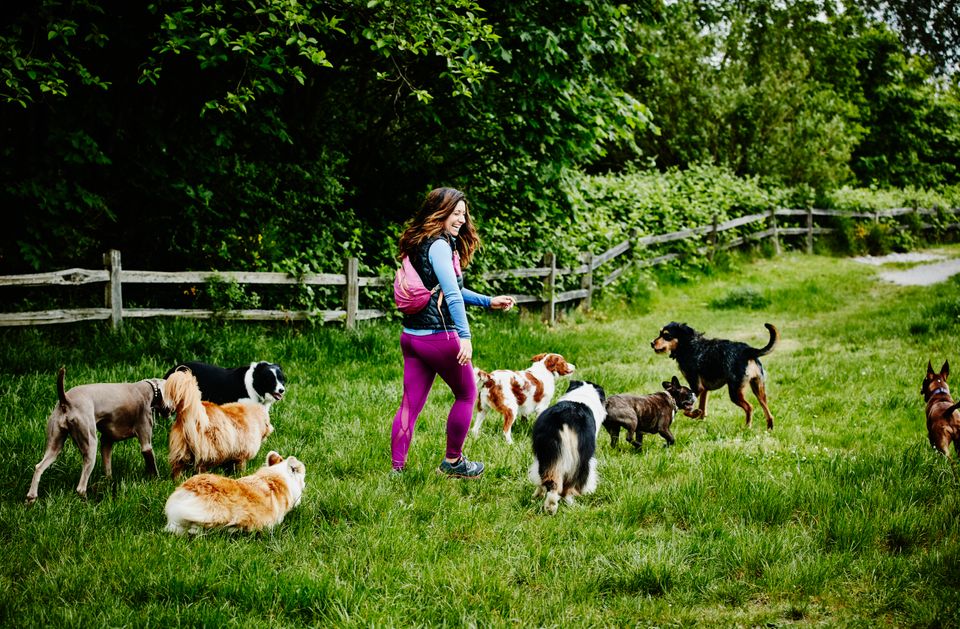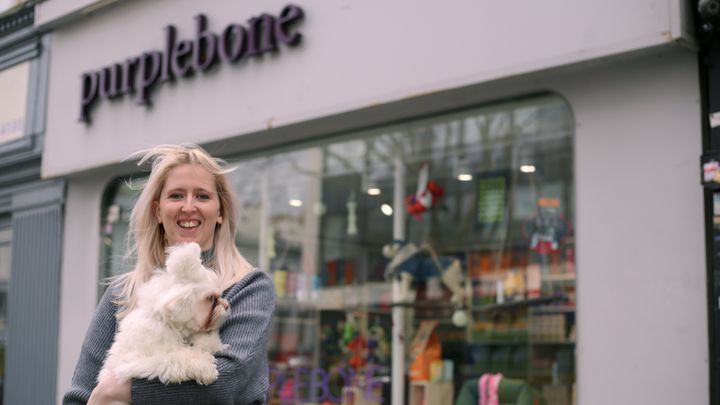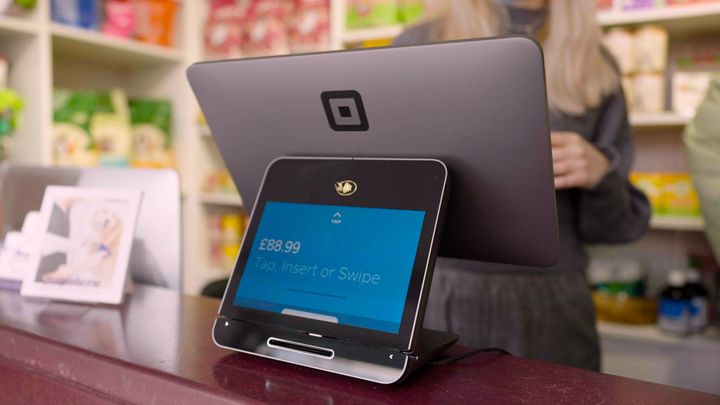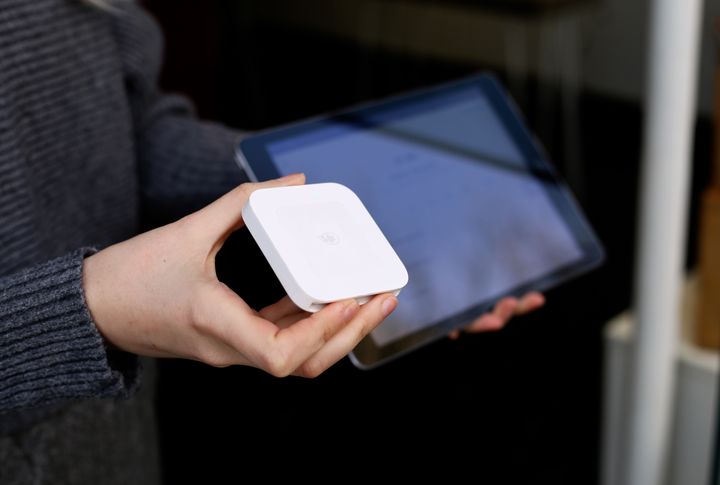Going to the park with a dog is a great way to help your pet socialise, exercise and get some fresh air. But not every canine knows how to behave there.
The same goes for humans. In fact, there are several rude boo boos that dog owners display in this setting.
Advertisement
“Etiquette is all about being mindful of other people, which certainly applies to the dog park,” Nick Leighton, an etiquette expert and co-host of the Were You Raised by Wolves? podcast, tells HuffPost.
To help make the dog park a safe and enjoyable setting for everyone, HuffPost asked Leighton and other etiquette experts to share the faux pas they’ve observed – and their advice for avoiding these missteps. Here are eight of the rudest things you can do at the dog park.
Advertisement
Not cleaning up after your dog
“The rules about picking up after your pet aren’t suspended in a dog park,” Leighton noted.
Advertisement
When your dog goes, it’s your responsibility to clean it up, and there’s little excuse for failing to do so.
“Most parks are well-supplied with waste pickup bags and plenty of trash cans, so please do your part,” says Camp Bow Wow animal health and behaviour consultant Erin Askeland.
Failing to pay attention to your dog
“Be sure to pay attention to your dog at all times,” Leighton advises.
Advertisement
Keep a close eye on what your pup is doing and resist the urge to tune out. Stay vigilant and keep your leash handy in case the two of you need to make an early exit.
“In addition to monitoring your dog’s behaviour, it’s common courtesy to be sociable with the other pup parents, complimenting them on the cuteness of their canine companion and making pleasant conversation,” said Thomas P. Farley, aka Mister Manners. “To let one’s dog roam free while you catch up on email, disengaging with everyone in the enclosure – including your pet – is a no-no.”
If you’re distracted on your phone, you’ll also miss out on the opportunity to “engage with your dog, practice recall, ensure play is appropriate, provide breaks in play, and monitor your dog’s body language,” Askeland notes.
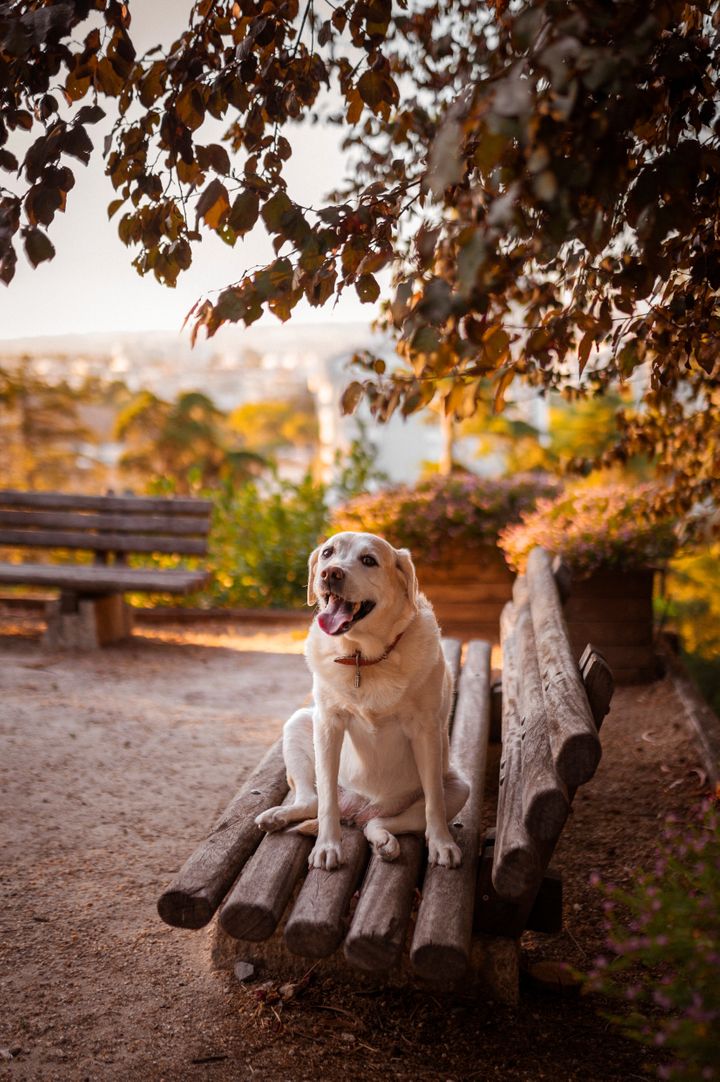
Anna Belova / 500px via Getty Images
Bringing small children
Avoid bringing young children who need constant supervision to the dog park, if possible, as their presence will make it difficult to monitor your dog.
“You don’t know the other dogs and need to keep your focus on your own dog,” Askeland said. “Adding small children is dangerous to the child and the dogs in the park.”
Toddlers and babies may also be at risk of harm from rowdy dogs, especially if there are animals present who are unfamiliar with little kids.
Not intervening when necessary
“While at the dog park, people should ensure their dog is interacting with other dogs in an appropriate manner,” says animal behaviorist and consultant Kate Mornement. “Dogs that are aggressive or reactive towards other dogs should not be taken to dog parks. Try to ensure your dog and the other dog it interacts with are having a good time. If your dog is playing too rough with another dog, it’s best to intervene and call your dog away.”
Don’t allow your dog to bully other dogs or steal and shred up their toys. Look out for any aggressive, dangerous behaviour.
Advertisement
“Dog parks are wonderful places for well-behaved and socialised dogs who enjoy the company of other dogs,” Mornement says. “However, not all dogs are well-behaved or socialised and this can cause problems at the dog park.”
Leaving gates open
“In some ways, dog runs can be for canines what Las Vegas is for humans: For these lucky pups, what happens on the dog run stays in the dog run!” Farley says. “Being off-leash, doggies excitedly embrace the rare sensation of liberation. But while dogs will let down their guards, their humans should not. Being aware of securing the dog-run gate while coming and going is rule number one.”
Pay attention to the gates at fenced-in dog parks. Many of these have double-gated entrances to prevent off-leash dogs from escaping. Pause before you open a gate, especially if you notice lots of dogs hanging around the area, and look out for any pets trying to make a hasty exit. Be sure to properly close and latch any gates behind you as well.
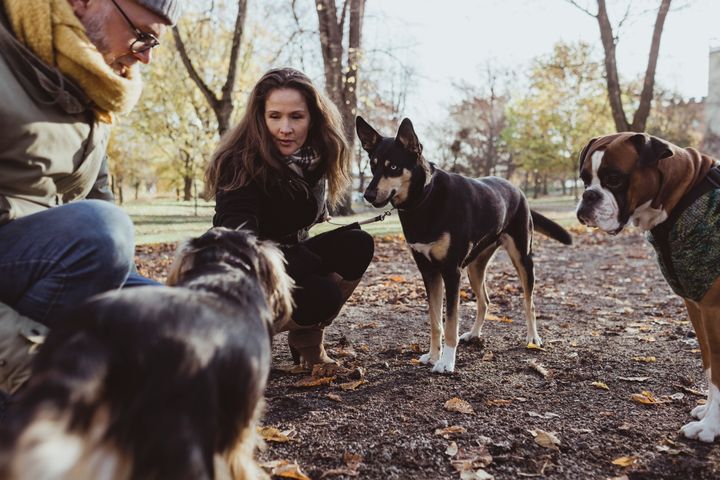
Maskot via Getty Images
Giving food to other dogs
“Don’t give food to other dogs at the park,” Askeland advises. “You don’t know the other dogs and whether or not they can have food you may offer.”
On a similar note, don’t bring your own human food to snack on in this space. In addition to potentially endangering other dogs, you probably won’t enjoy being swarmed by pups looking for a snack.
Bringing an unvaccinated dog
Don’t go to the dog park with a canine that is unvaccinated, sick or under 4 months old. In addition to being vulnerable, they might also put other pets at risk. Only bring your dog if they are up to date with their shots and any other requirements the park may have in place.
“Make sure your pup is vaccinated and protected against fleas, ticks and other parasites,” Askeland said. “This helps keep other pups safe too.”
Advertisement
Forcing an uncomfortable dog to go to the park
“Dogs that are fearful and nervous around unfamiliar dogs should also not be taken to dog parks,” Mornement said. “This is because these dogs are not enjoying the dog park environment and this can make their behaviour worse.”
Make sure your dog’s behaviour is appropriate for a dog park before you take them to one.
“This is not the place to test whether your dog enjoys playing with other dogs or a place to help a dog learn to play,” Askeland says. “If you’ve recently added a dog to your home, you should wait until your dog has adjusted to his/her home and you have gotten to know your dog and his/her body language and normal interactions before deciding whether the dog park is the right place to visit.”
That way, you can watch your dog’s body language at the park and remove them if they’re showing signs that they aren’t comfortable.
“Understand that not all dogs are great with a dog park, and it’s OK if your dog does not go to a dog park,” Askeland adds.

